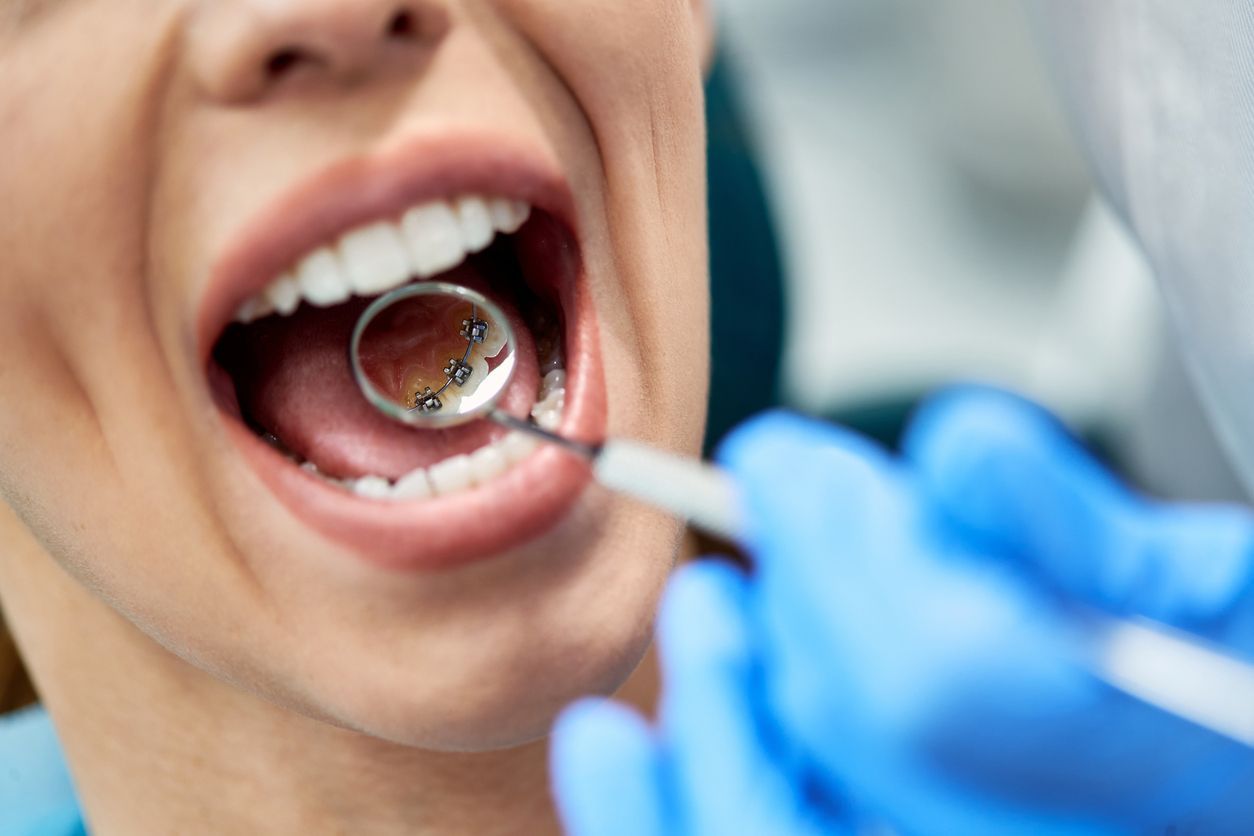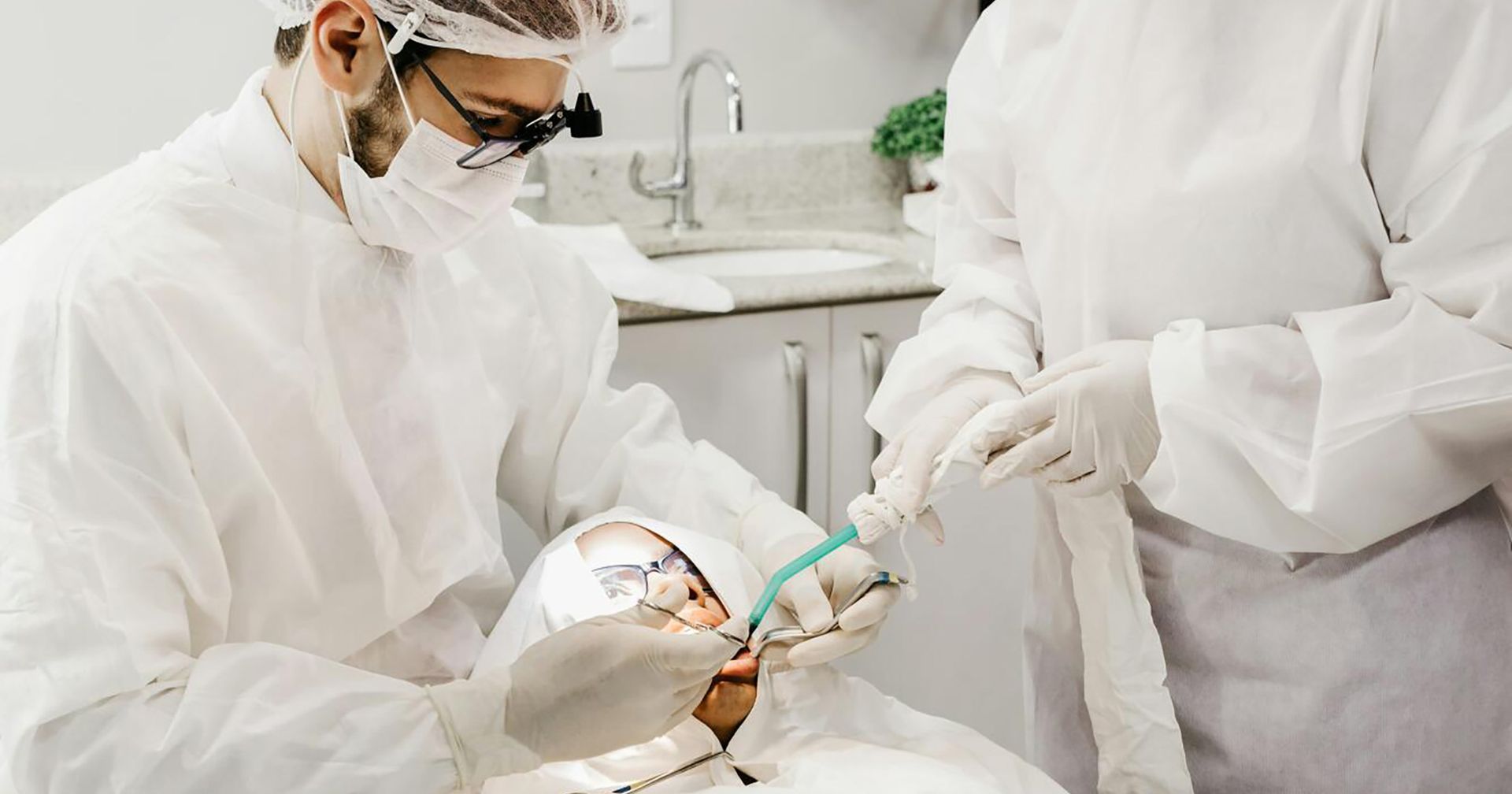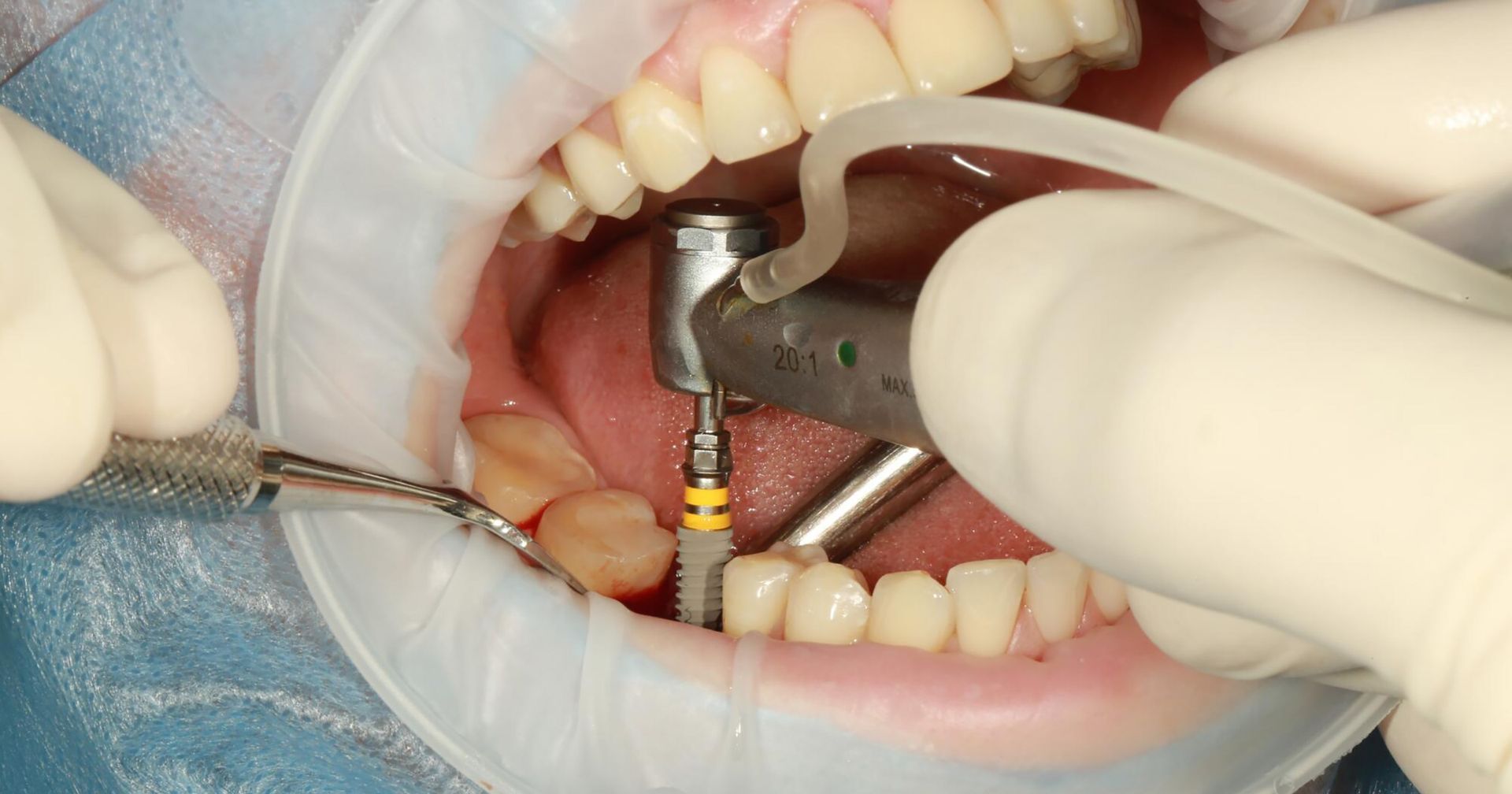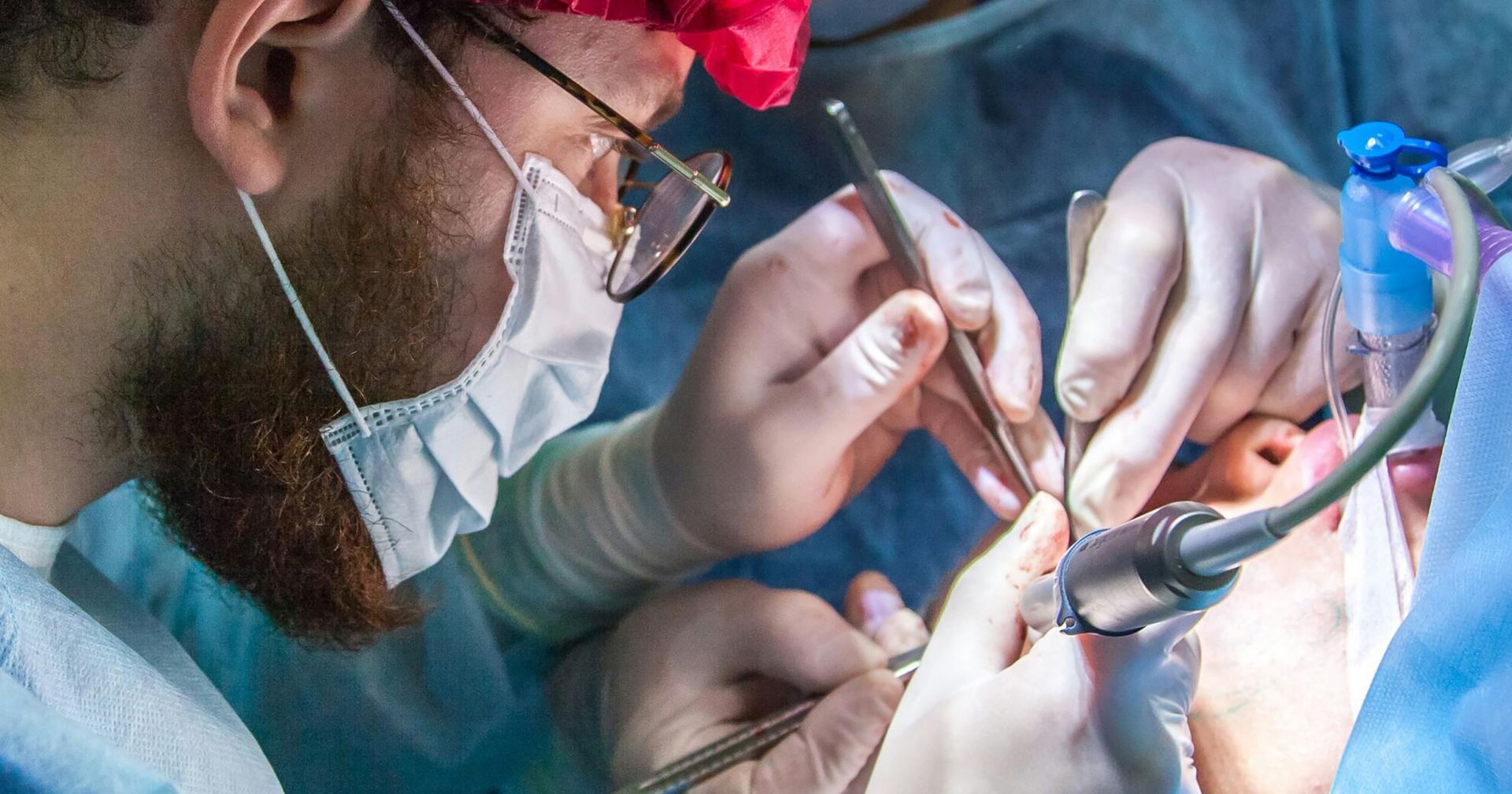Your General Dentist Guide: What You Should Know About Veneers
If you're wondering what you should know about veneers, here is your general dentist guide. Learn more about it here today!
What are Dental Veneers?
Porcelain vs. Resin Veneers
What Problems Can Veneers Treat?
Dentists commonly use veneers to improve the appearance of a patient's teeth. Some prevalent cosmetic problems that veneers can treat are:
- Gaps in teeth
- Broken or chipped teeth
- Smaller-than-average teeth
- Severe stains or discoloration that dentists can't repair with whitening treatments
- Pointed or oddly shaped teeth
Sometimes orthodontic treatments are needed before you can get veneers. Your general dentist will make a treatment plan specific to your dental issues.
Veneers Procedure
Before receiving veneers, you will have a consultation with a dentist. They will likely take an x-ray of your teeth to make sure you are a suitable candidate for this type of treatment. Since the veneer has to be matched to your existing teeth's color, you may wish to have whitening treatments before getting your veneers made.
Composite Resin Veneers Process
To create a composite resin veneer, your dentist will start by cleaning your tooth and applying glue to the surface. Then, they will add multiple layers of resin until they are satisfied with the shape. Finally, the dentist will polish the veneer to create the completed look.
Porcelain Veneers Process
If you are getting porcelain veneers, your general anesthesia dentist will start by trimming down your tooth so that the veneer can align properly with your other teeth. Next, he or she will need to take an impression of your tooth.
The dentist will send the impression of your tooth to a laboratory, where technicians will make your veneer. Since manufacturing may take a week or two, your dentist will prepare a temporary veneer for you to use in the meantime.
At your following appointment, your dentist will place the permanent veneer on your tooth. He or she will use a specialized light that activates the chemicals in the bonding cement, causing it to dry quickly. After checking your bite and removing any excess glue, you will be free to go.
Caring for Your Veneers
There is no recovery time for veneers. Once the dentist places them, you can eat and chew as normal. However, there are some precautions that you must take to make your veneers last longer.
- Avoid chewing on hard objects
- Eat harder foods with your back teeth
- Cut your food up into smaller pieces
- Use a mouthguard when playing sports
- If you grind your teeth, get a retainer
- Don't open packages with your teeth
Additionally, you should maintain good oral hygiene. That includes brushing and flossing regularly. By doing so, you will not only preserve your veneers but also prevent cavities and other oral problems that can jeopardize your beautiful new smile.
Visit Your General Dentist to Get a Picture-Perfect Smile
With so many reasons to smile, you shouldn't have to feel self-conscious about how your teeth make you look. Veneers are the perfect solution to treating your cosmetic dental issues. They can give you the smile of your dreams in just a few office visits.
If you are thinking about getting veneers and want to know if they are a good fit for you, don't hesitate to contact us at Tabas Center for Advanced Dentistry in Philadelphia, PA. As a general dentist office, we are experts at many dental services, including veneers.
Contact us on our website or call (215)-271-7776 for more information about the veneers process!











